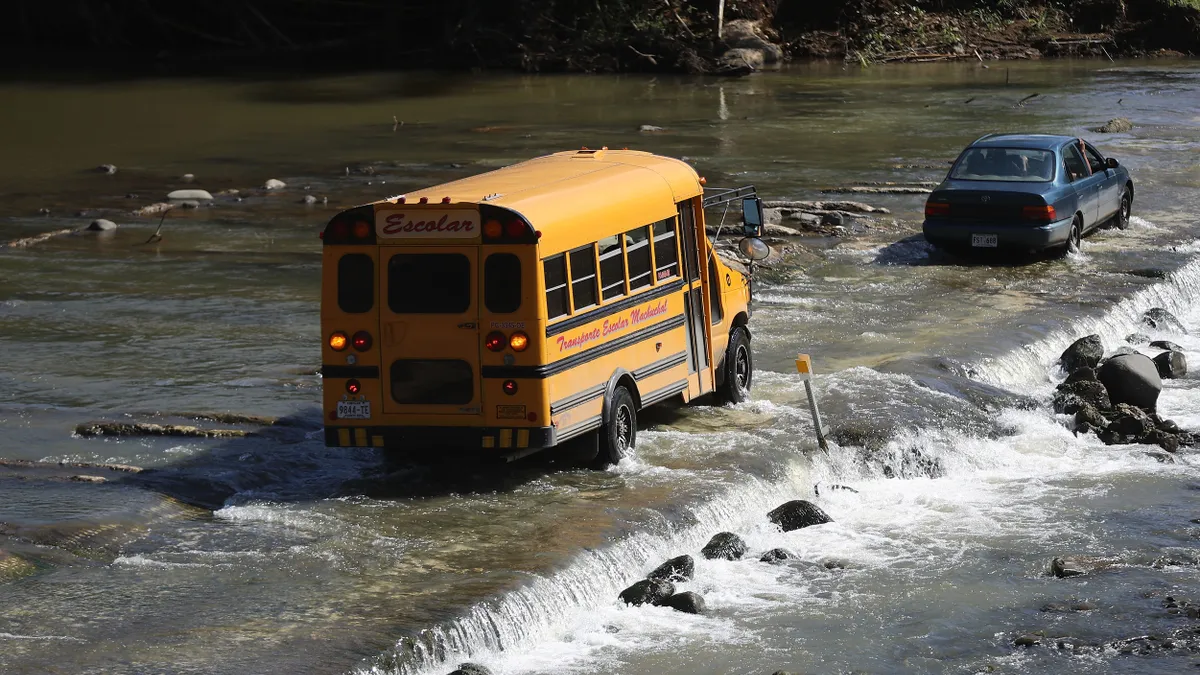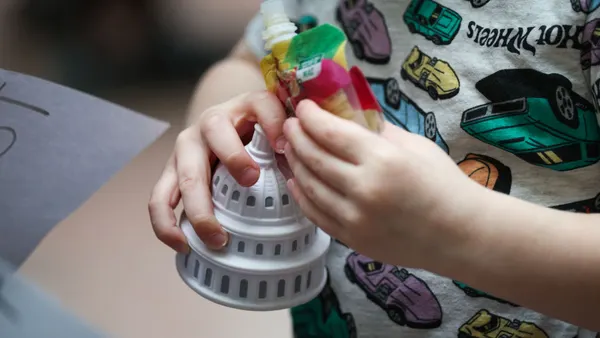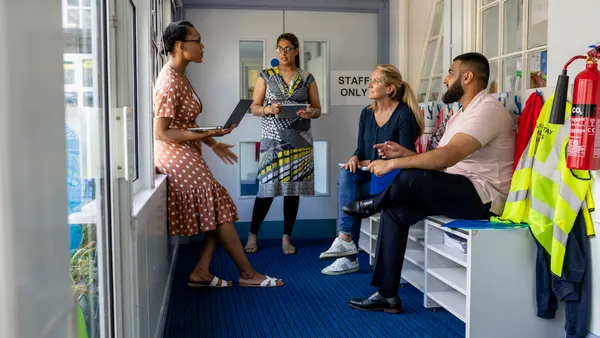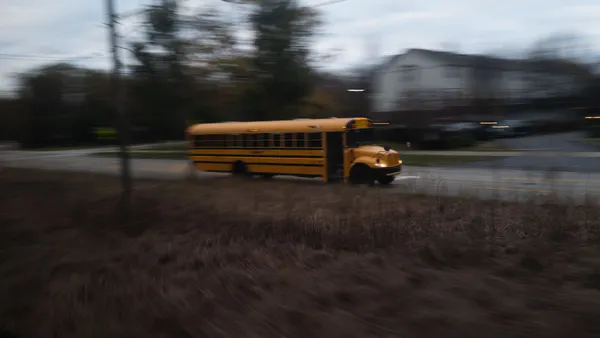Dive Brief:
-
Increased severe weather events and natural disasters are having an adverse impact on students and others with disabilities, according to a new report by the National Council on Disability.
-
Specifically, students with disabilities encounter challenges during emergency response and evacuation that can cause long-term harm to their mental and physical health and academic outcomes. Then, after the events, barriers such as inability to access student records and underfunding of education programs can further hamper their progress.
-
In addition to more research, data and preparedness planning to help protect students with disabilities, the report also recommends that the U.S. Department of Education develop information technology standards for electronic student records to mitigate delays in special education services when severe weather or natural disasters occur.
Dive Insight:
Severe weather events in 2022, from droughts, fires, flooding, and tropical and winter storms, caused an estimated $18 billion in damage and 474 direct or indirect fatalities, said the report. The research covered weather impacts to people with disabilities in general, not just students.
But when homing in on impacts to school children, the report said about 1.4 million students missed at least a week of school because of damage from 2017’s Hurricane Harvey. That same year, hurricanes Maria and Irma caused students in Puerto Rico to miss an average of 78 days of school due to infrastructure damage and transportation disruption. Declines in school enrollment were accelerated because of the storms.
One year after the storms, some students who qualified for special education weren't receiving services, according to Education Week reporting cited by the report.
Students with disabilities may be disproportionately affected by severe weather because of ongoing special educator shortages, resource-heavy individualized educational services, and underfunded federal mandates for education services, the report said.
Although the federal government provides funding for special education services under the Individuals with Disabilities Education Act, there was a $23.58 billion shortfall in 2021, according to the National Education Association, the report said.
When schools do open after an extreme weather event or natural disaster, it can be difficult to provide the needed staffing, services and assistive technology required for students' individualized education programs. That's because employees may be displaced and equipment destroyed.
To help schools better serve students with disabilities in the event of severe weather, the National Council on Disability made several recommendations for Congress and the Education Department, including:
-
Congress should enact legislation to help recruit and retain special educators.
-
The Education Department should conduct a study assessing the impact of extreme weather on students with and without disabilities.
-
Congress should provide funding to the Education Department to develop information technology standards for electronic students records, including for IEPs. After standards are set, the department should provide technical assistance to school districts in using the technology to prevent delays in student services.
-
Congress should require the Education Department to track and report on post-disaster compensatory services in storm recovery areas. That information could be used to develop recovery best practices.













